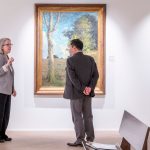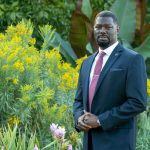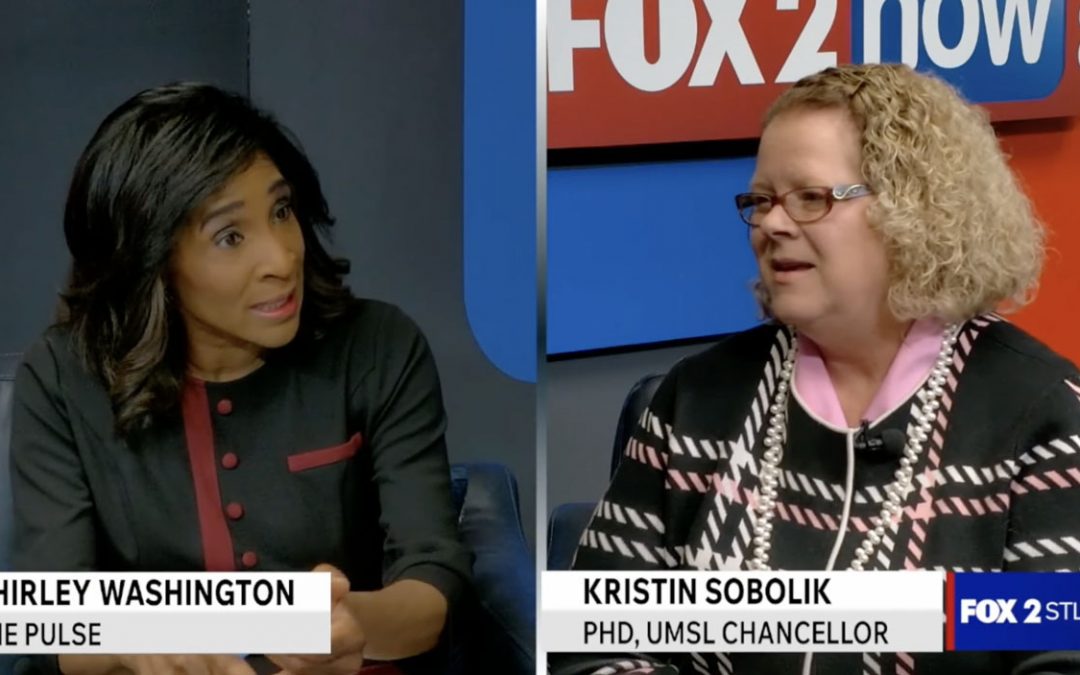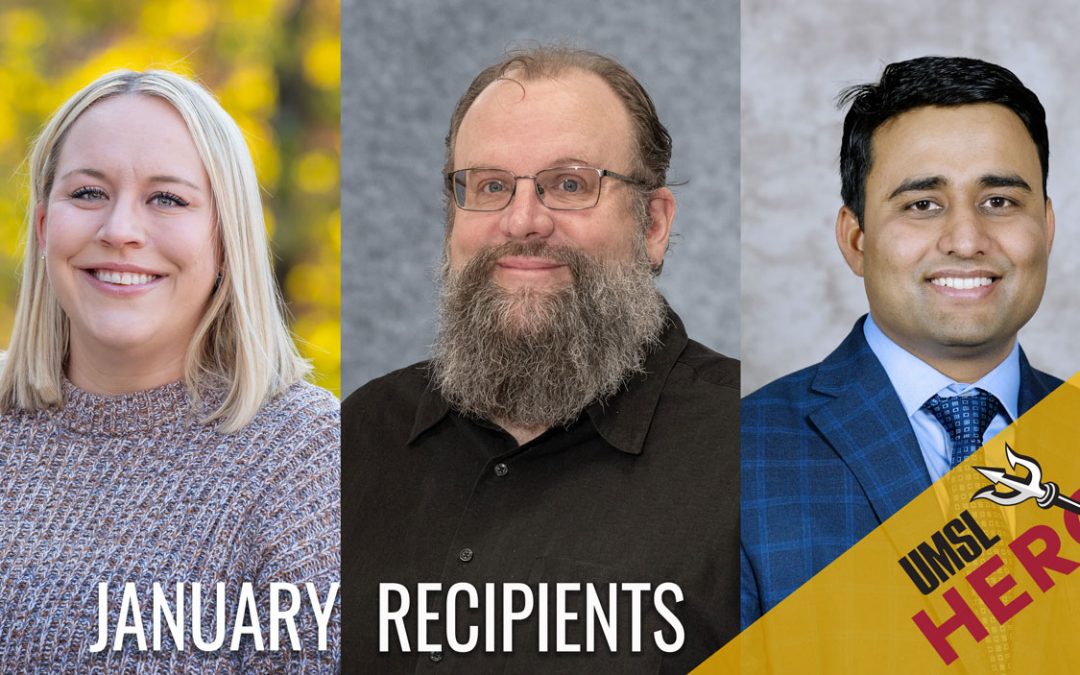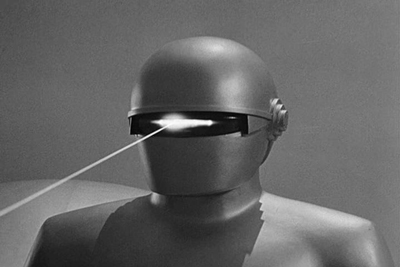
(Still from the 20th Century Fox film "The Day the Earth Stood Still.")
Teachers, children, parents, scientists and an artist or two showed up at the Missouri History Museum last Wednesday to play with robots and hear about a coming war we humans might have with them.
What they got was a history lesson on automatons and the human obsession with them.
“In ancient Greece, Aristotle wrote of ‘things’ that could replace slaves,” said Minsoo Kang, associate professor of history at the University of Missouri–St. Louis.
A historian and author, Kang has written on the subject in his 2010 book, “Sublime Dreams of Living Machines: The Automaton in the European Imagination.” His address was part of the Perspectives on Science and History Lecture Series sponsored by the Academy of Science–St. Louis and Thomas Jefferson School in Sunset Hills, Mo.
In his talk, “The Coming War with Robots: A Historical Perspective,” Kang spoke of the Golem, a clay-like figure built by humans who appears in early Judaic teachings. These creatures, which also appear in later European history, would perform chores for humans.
He cited various Utopian societies throughout the ages where machines would do all the work. He noted that references to automatons appear throughout Western literary history.
“In the 19th century, Jane Eyre tells Rochester she is no ‘automaton.’ And Watson describes Sherlock Holmes as a perfect machine,” he said.
Kang told the audience the fate of humanity vs. machines could go one of three ways.
“There’s the position of inevitable conflict or war with the robots,” he said. “If you’re an optimist, we win. If not, they win and we end up in a nature preserve kept by the robots.”
He spoke of A.I. or artificial intelligence, the creation of systems, which can mimic human thought, understand speech and beat the best chess player in the world. It’s a peaceful co-existence.
The third view is cybernetic mergence, which he called, “a more intimate exchange between the biological and artificial.” Humans will have so many artificial implants, it may one day be difficult to distinguish machine from human, he said.
Kang told the audience that he has studied human history and the endless fascination we have with automatons, but he wasn’t going to predict our future .
“It’s time, however, to have a real conversation about it,” he said.
Following his talk, Kang joined a panel of experts in the field of robotics for a lively question and answer session. The panel included: Marcos Chu, an engineering estimator with The Boeing Company and Broad Engagement Robotics Spiral Demo Team; Bill Smart, director of Media and Machines Laboratory and associate professor of computer science and engineering and biomedical engineering at Washington University in St. Louis; and Matthew Troutman, a mathematics teacher and robotics team supervisor at Thomas Jefferson School. Troutman completed his post-doctoral research at UMSL last year.
Kang’s book can be found at Amazon.com and other booksellers.



